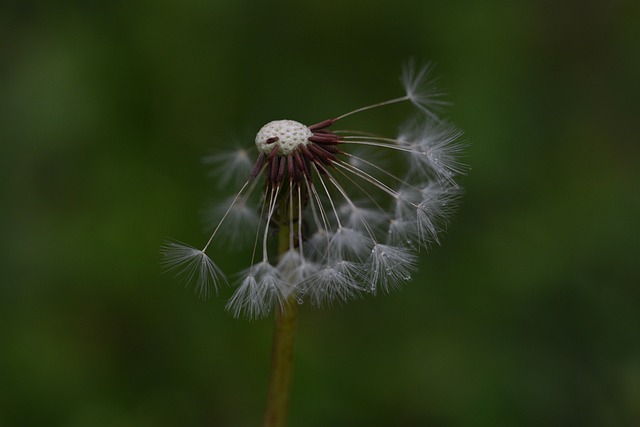New Hampshire has legally recognized THCA (Tetrahydrocannabinolic Acid) as a non-psychoactive cannabinoid with potential health benefits, allowing its use and sale under strict regulations that ensure safety and efficacy. The state's legislative reforms in 2021, via House Bill 1640, paved the way for hemp-derived THCA products containing less than 0.3% delta-9 THC to be legally available. This development is significant as it expands access to THCA for research and consumer wellness while maintaining a regulated environment that aligns with the state's medical cannabis program and hemp regulations. New Hampshire's commitment to environmental stewardship is also evident in its support for local farmers who cultivate THCA flower sustainably. Consumers interested in THCA legal in New Hampshire have multiple consumption options, including vaporization, edibles, and direct use, each offering a unique experience and leveraging the entourage effect for potential therapeutic benefits. The state's regulatory framework ensures that all THCA products are tested and labeled correctly to guarantee legal compliance and consumer protection.
Explore the emergence of THCA flower as a legal, natural high in New Hampshire, where its legal status contrasts with its psychoactive potential. This article delves into the unique properties of THCA, a non-psychoactive cannabinoid that’s garnering attention for its therapeutic and euphoric effects. From its scientific makeup to its cultivation within New Hampshire’s regulated market, we unravel the intricacies of THCA flower. Discover how its terpene composition contributes to the entourage effect, enhancing its potential benefits. Additionally, learn about the diverse consumption methods that unlock the full spectrum of experiences this cannabinoid offers. Finally, gain clarity on New Hampshire’s regulations surrounding THCA flower possession and use, ensuring an informed engagement with this burgeoning wellness trend.
- Unlocking the Potential of THCA Flower: A Legal High in New Hampshire
- The Scientific Breakdown of THCA: What Sets It Apart from Other Cannabinoids
- Sourcing and Cultivation: Navigating the Growth of THCA Flower in New Hampshire's Regulated Market
- The Entourage Effect: Synergistic Benefits of THCA Flower and Its Terpene Profile
- Consumption Methods: Exploring the Various Ways to Experience THCA Flower's Full Spectrum
- Regulatory Landscape: Understanding New Hampshire's Laws on THCA Flower Possession and Use
Unlocking the Potential of THCA Flower: A Legal High in New Hampshire
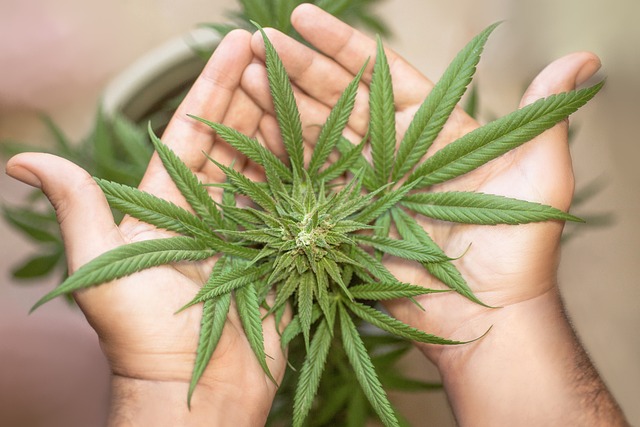
In the ever-evolving landscape of cannabis legality across the United States, New Hampshire stands out as a state where the therapeutic and recreational use of cannabinoids is gaining momentum. Among these cannabinoids, Tetrahydrocannabinolic Acid (THCA) has garnered significant attention due to its potential health benefits and non-intoxicating nature when compared to its more famous counterpart, Delta-9-THC. THCA Legal in New Hampshire paves the way for consumers to explore this cannabinoid’s capabilities within a legal framework. As of recent legislative changes, residents and visitors alike can legally possess and use hemp-derived products containing THCA, opening up opportunities for wellness enthusiasts and researchers alike. The interest in THCA flower, specifically, is rooted in its unique properties; it offers a multitude of potential benefits without the psychoactive effects typically associated with cannabis use. This makes it an attractive alternative for individuals seeking the therapeutic effects of cannabinoids without impairment. The state’s regulatory environment ensures that products are safely produced and accurately labeled, providing consumers with confidence in their choices and clarity in their expectations. As such, New Hampshire’s stance on THCA legal status is a significant step forward in the acceptance of cannabis derivatives, offering a new dimension for users to explore the potential health benefits of this non-psychoactive compound.
The Scientific Breakdown of THCA: What Sets It Apart from Other Cannabinoids
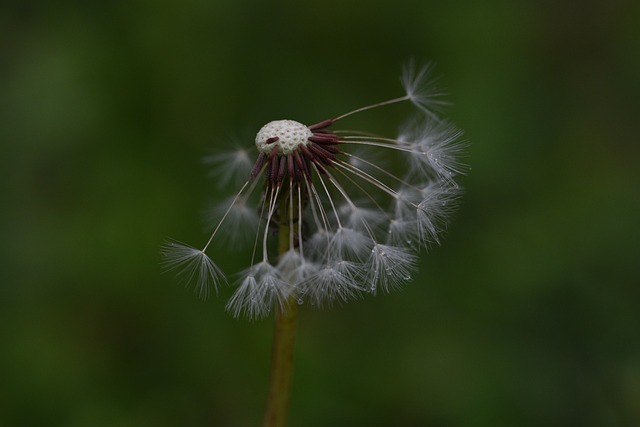
Delta-9 tetrahydrocannabinolic acid, or THCA, is a non-psychoactive precursor to the well-known psychoactive cannabinoid delta-9 THC. Found abundantly in raw cannabis plants, THCA has garnered scientific interest for its potential therapeutic properties, distinct from those of its psychoactive counterpart. Research indicates that THCA interacts with the body’s endocannabinoid system, potentially offering benefits such as anti-inflammatory, neuroprotective, and analgesic effects without the mind-altering consequences associated with delta-9 THC.
The legal landscape of cannabinoids, including THCA, varies across jurisdictions. In New Hampshire, as of the knowledge cutoff in 2023, certain hemp-derived cannabinoids, including THCA, are legal provided they contain less than 0.3% delta-9 THC on a dry weight basis. This distinction is crucial for consumers and manufacturers alike, as it allows for the exploration and utilization of THCA’s potential wellness benefits within a regulated framework. The legality of THCA in New Hampshire underscores the importance of understanding cannabis laws at both state and federal levels, ensuring compliance and safety for those interested in the therapeutic properties of cannabinoids like THCA.
Sourcing and Cultivation: Navigating the Growth of THCA Flower in New Hampshire's Regulated Market
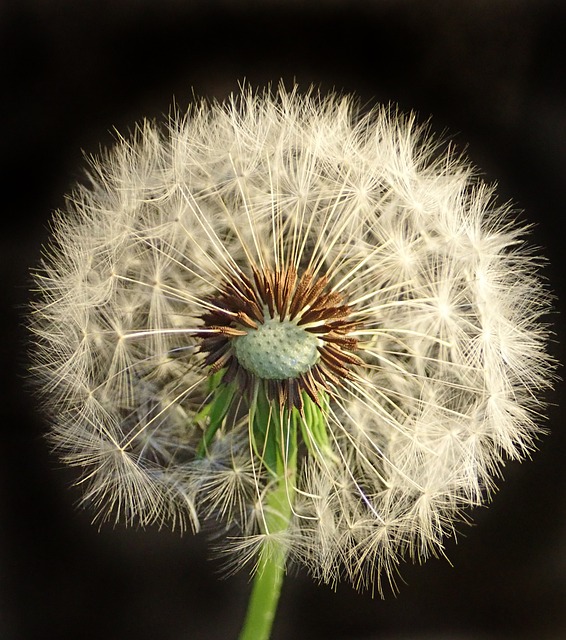
New Hampshire’s regulated market has seen a burgeoning interest in THCA flower, a cannabinoid that exists in its raw form before heat processing converts it to THC, the psychoactive compound commonly associated with cannabis. Sourcing high-quality THCA flower within this legal framework requires a discerning approach. Farmers and cultivators in New Hampshire must adhere to strict state regulations that govern the cultivation of cannabis plants. The state’s regulated market ensures that all THCA flower is tested for purity, potency, and safety, providing consumers with a reliable and safe product. Growers utilize advanced horticultural techniques tailored to the region’s climate and soil conditions, optimizing growth without the use of harmful pesticides or chemicals. This commitment to environmentally conscious cultivation not only safeguards consumer health but also ensures that New Hampshire’s natural beauty remains untainted by unsustainable farming practices. As a result, the state has become a reputable source for THCA flower, with legal dispensaries offering a selection of strains known for their medicinal and therapeutic benefits. The growth of this industry in New Hampshire is a testament to the state’s dedication to both the well-being of its residents and the preservation of its natural resources.
The Entourage Effect: Synergistic Benefits of THCA Flower and Its Terpene Profile
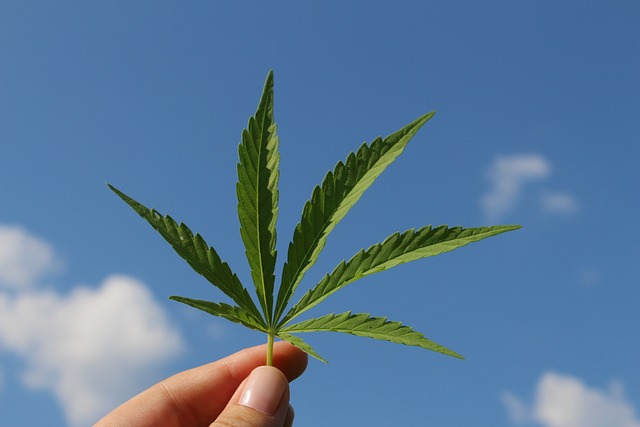
The entourage effect is a phenomenon that highlights the synergistic interactions between cannabinoids and terpenes in cannabis, including THCA-rich flowers. When consumers utilize THCA flower, which is legal in New Hampshire under certain regulations, they experience a more potent and comprehensive effect compared to isolating individual compounds. THCA, or tetrahydrocannabinolic acid, is the precursor to THC and possesses its own distinct properties. It’s non-psychoactive, but it’s believed to offer therapeutic benefits that can be enhanced by the presence of other cannabinoids and terpenes found in the flower. The entourage effect is not merely a theoretical concept; it’s supported by scientific research indicating that the combined effects of these compounds can be more effective than any single compound alone.
The terpene profile of THCA flower plays a crucial role in this synergistic relationship. Terpenes are aromatic compounds that contribute to the unique scent and flavor profiles of various cannabis strains. They also interact with our endocannabinoid system, influencing the effects of THCA. For instance, myrcene is known for its sedative properties, while limonene can have an invigorating and uplifting effect. These terpenes, when combined with THCA in a full-spectrum extract or flower, can amplify their individual benefits, providing a more nuanced and effective therapeutic experience. In New Hampshire, where THCA flower is legal, consumers have the opportunity to explore these complex interactions and tailor their cannabis use to their specific needs and preferences.
Consumption Methods: Exploring the Various Ways to Experience THCA Flower's Full Spectrum
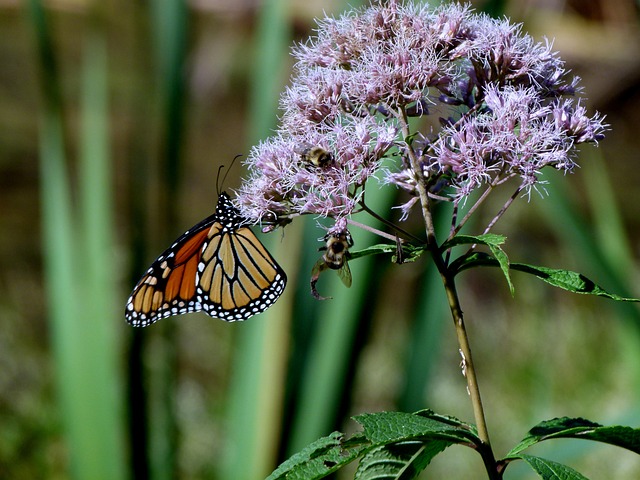
THCA, or Tetrahydrocannabinolic Acid, is a non-psychoactive cannabinoid found in raw cannabis plants, which degrades into THC upon heating. As legal frameworks evolve, including its legality in New Hampshire, enthusiasts are exploring the full spectrum of consumption methods to experience the potential benefits of THCA. One prevalent method for consuming THCA-rich flower is through vaporization, which allows users to inhale the active compounds without combustion, preserving the integrity of the THCA and providing a potent effect without the adverse effects of smoke inhalation. Vaporizers offer temperature control, ensuring optimal activation of THCA into THC for those seeking psychoactive effects.
Another method gaining popularity is the inclusion of THCA-rich flower in edibles. This can be achieved by infusing cannabis into butter or oil, which can then be used to cook a variety of dishes. This method offers long-lasting effects as the THCA is metabolized and converted to THC within the body’s endocannabinoid system. Additionally, consumers can experiment with dosages and effects by adjusting the amount of flower used in their culinary creations. Alternatively, THCA flower can be consumed directly through smoking or joints, offering an immediate onset of effects that some prefer. This traditional method allows for a direct experience of the plant’s terpene profile and cannabinoid content, providing a natural and ancient way to engage with the plant’s properties. Each consumption method offers its own advantages and experiences, allowing users in New Hampshire, where THCA is legal, to tailor their consumption to their preference and desired effects.
Regulatory Landscape: Understanding New Hampshire's Laws on THCA Flower Possession and Use
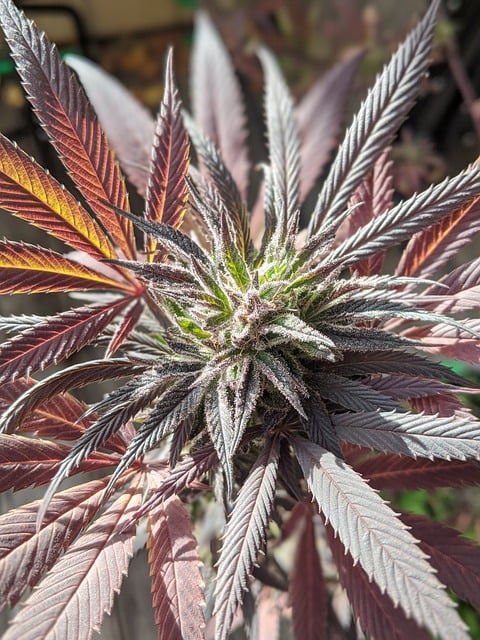
New Hampshire’s regulatory landscape for THCA flower is distinct within the broader context of U.S. cannabis legislation. As per state laws, THCA flower possession and use are legal under certain conditions, aligning with the state’s medical cannabis program and hemp regulations. The New Hampshire House Bill 1640, enacted in 2021, clarified that hemp-derived cannabinoids, including THCA, are legal provided they contain no more than 0.3% delta-9 tetrahydrocannabinol (THC) on a dry weight basis. This legislation is pivotal for consumers and businesses operating within the state’s boundaries. It is important for individuals to understand that while THCA flower may be legally sourced, its use must comply with the guidelines set forth by New Hampshire’s Department of Health and Human Services. Users should also be aware of the distinctions between hemp-derived products and those that fall under the medical or recreational marijuana categories, as these are subject to different regulations. Consumers looking to legally possess or use THCA flower in New Hampshire must ensure they adhere to these specific laws and purchase from licensed retailers or cultivators within the state’s hemp program. Compliance with these regulations is crucial for individuals to enjoy THCA flower responsibly and legally within New Hampshire’s jurisdiction.
THCA flower has emerged as a significant player within New Hampshire’s evolving cannabis landscape, offering a legal, naturally derived high that is distinct from its psychoactive counterpart, THC. This article has peeled back the layers of science and legality surrounding this non-psychoactive cannabinoid, revealing its unique properties, the meticulous cultivation practices required to produce it, and the synergistic effects of its terpene composition. Consumers in New Hampshire now have access to a variety of THCA flower consumption methods, each offering a different experience. As regulation continues to shape the market, it’s clear that THCA’s legal status in New Hampshire marks an exciting frontier for those interested in cannabis and its benefits. This exploration underscores the importance of understanding both the scientific aspects and the regulatory environment to fully appreciate the potential of THCA flower.
